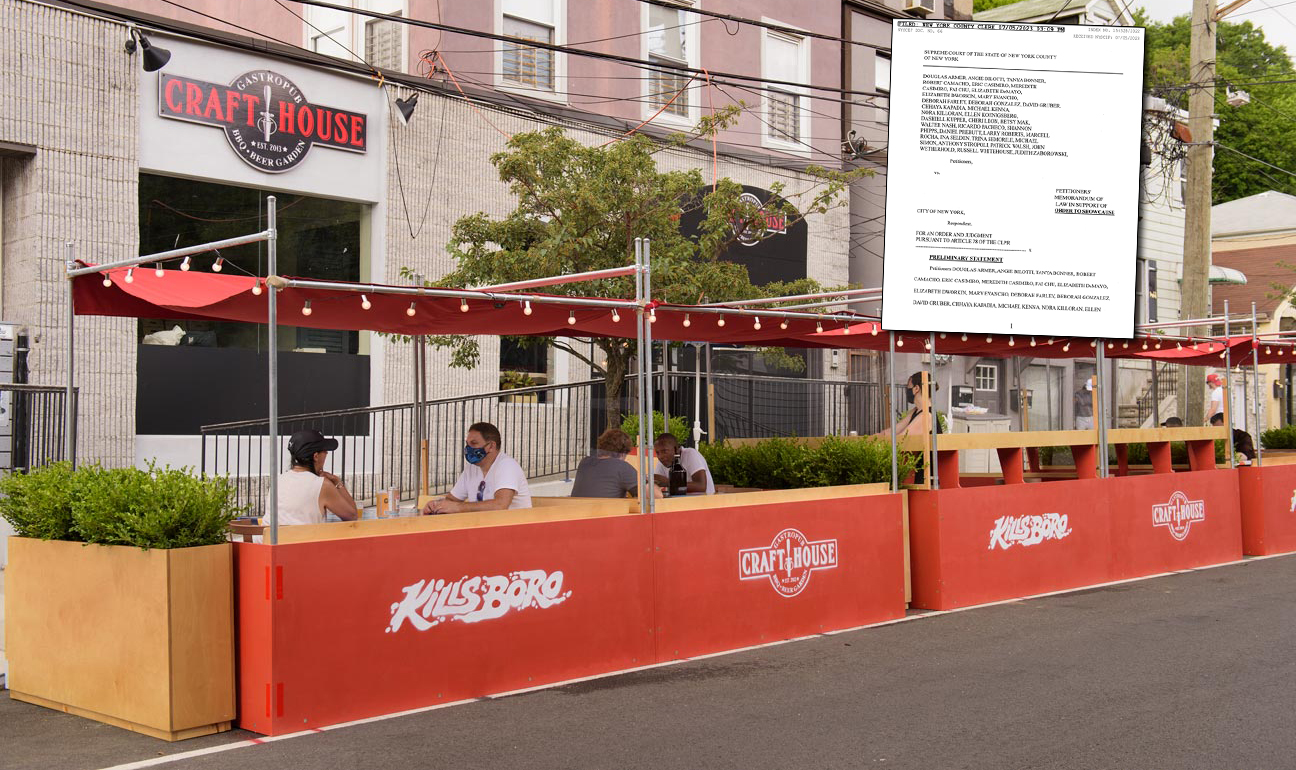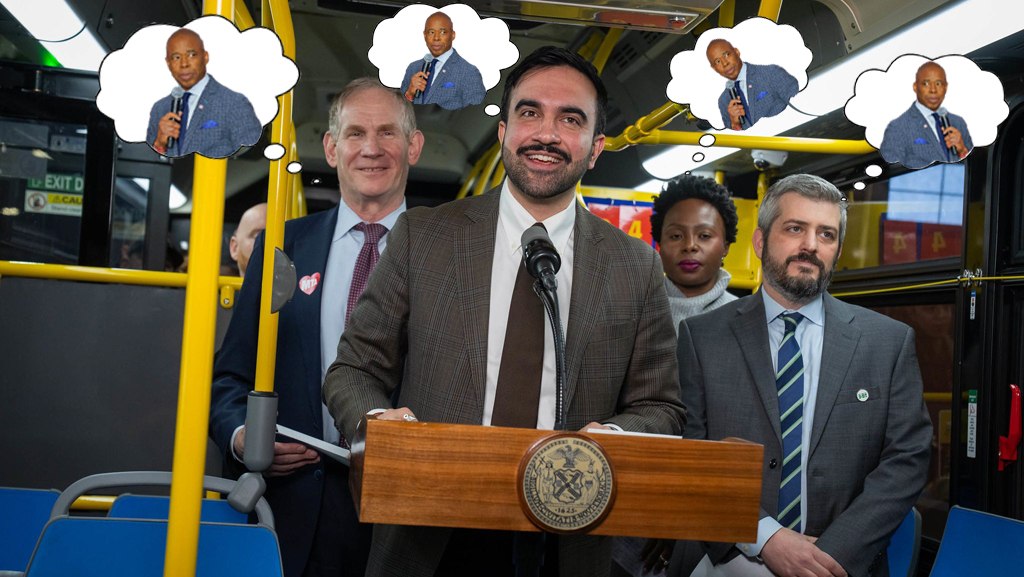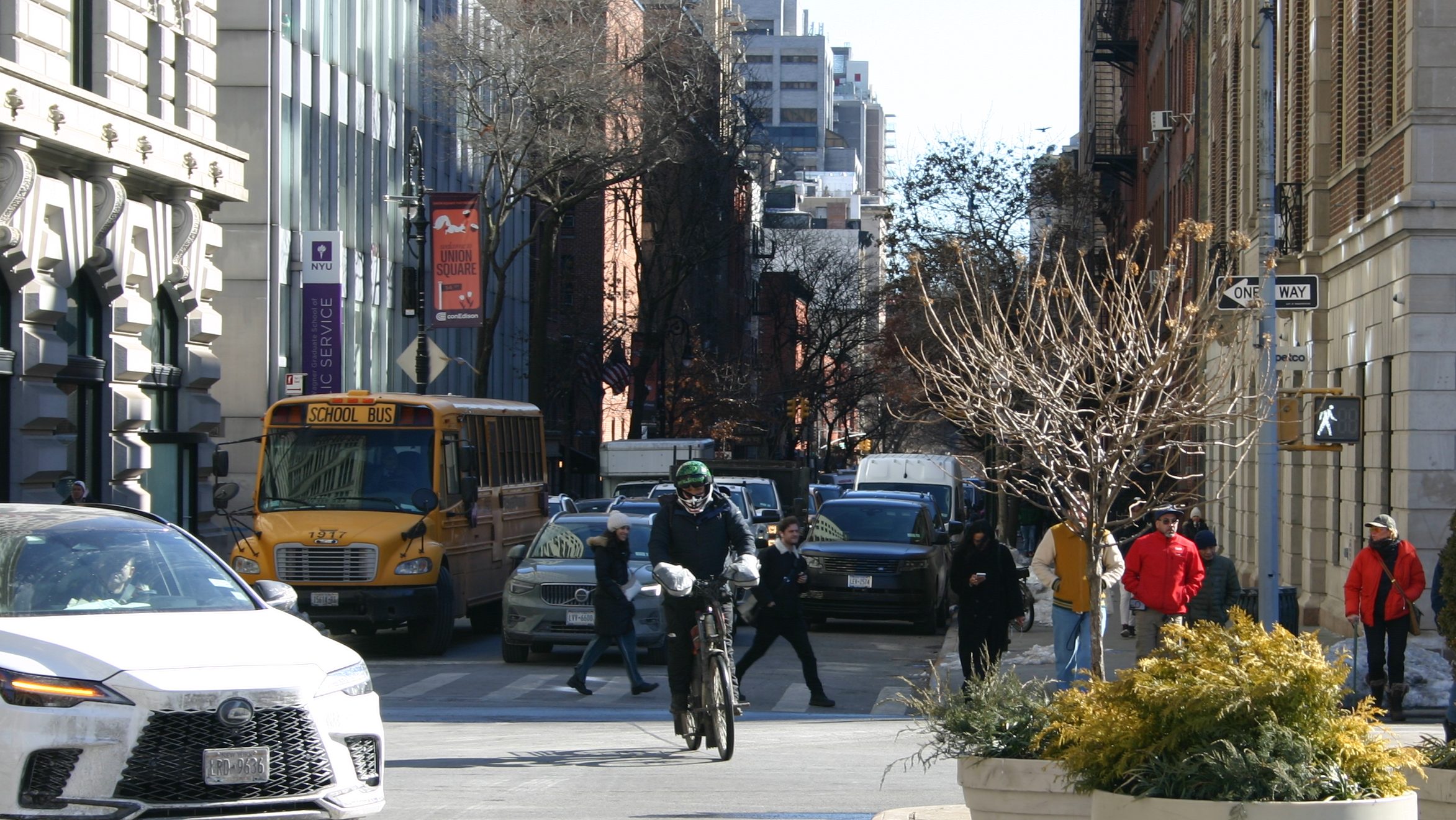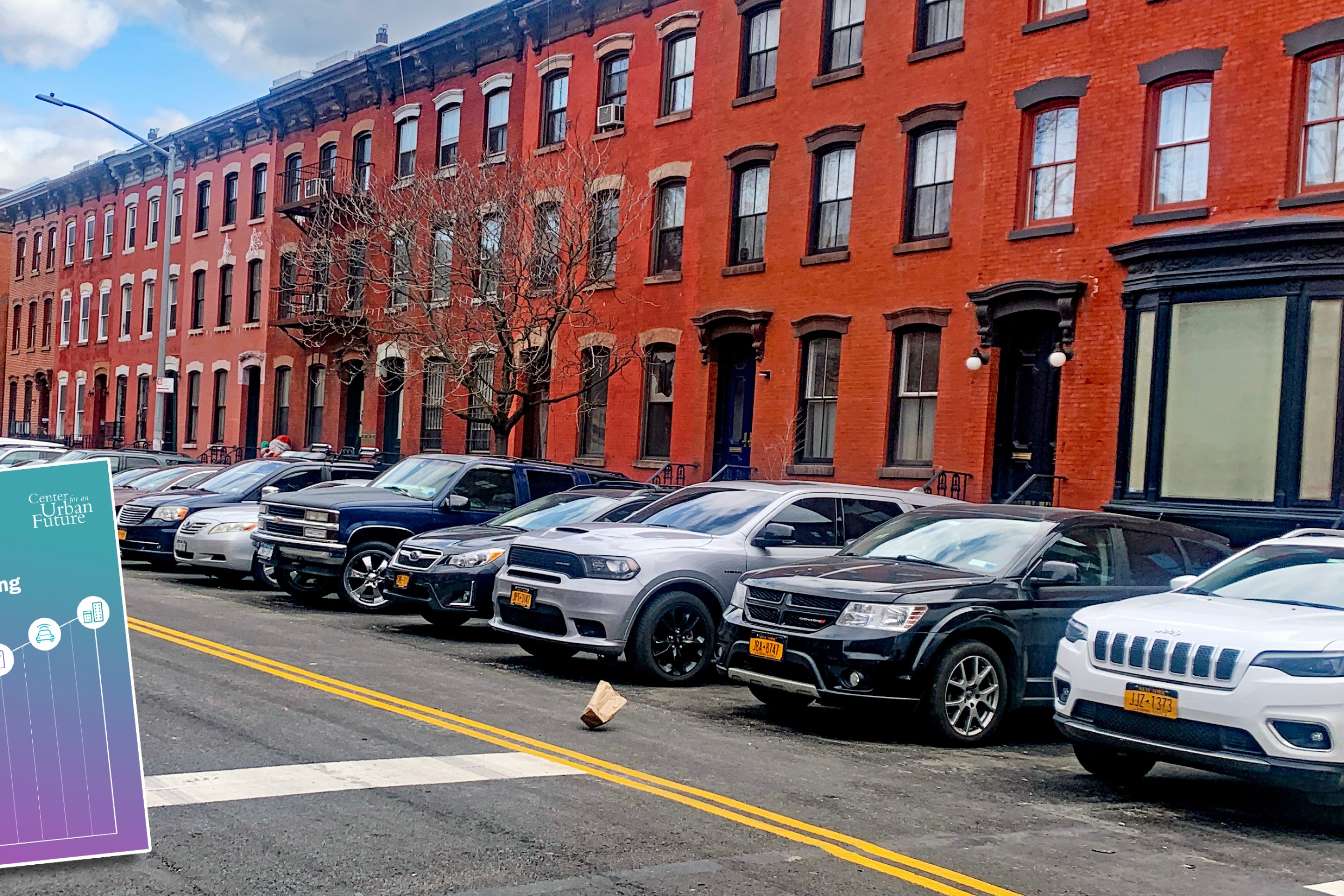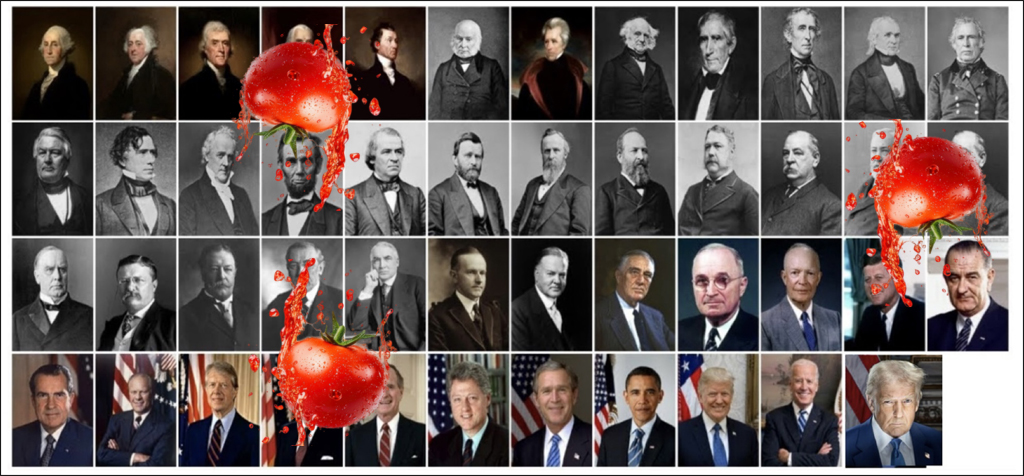New York City's outdoor dining is here to stay after the City Council on Thursday enshrined the popular Covid-era program into law while requiring curbside dining convert back to parking during the colder months.
The law, which Mayor Adams is expected to sign, passed with 34 council members in favor and 11 against, and will allow dining in curbside lanes from April through November only, while permitting sidewalk seating year-round. Restaurants will have to obtain separate approvals for each set-up.
Shed structures erected since the start of the Covid-19 crisis can remain until November 2024 — but any future curbside dining will be limited to movable furniture such as tables, chairs, and umbrellas, according to the legislation.
Officials settled on a four-month winter pause in order to win support in the Council, whose speaker, Adrienne Adams, had said curbside set-ups "were designed to be temporary" and should not be in the permanent program.
“We want to strike a chord and a balance and this is it,” said the bill’s chief sponsor Council Member Marjorie Velázquez, adding that the structures were also more popular during the warmer weather.
“When we’re talking about the eight months, we’re also being realistic and we’re saying, you know, it’s going to be freezing outside.’”
But restaurateurs had begged city officials to not hand the spots back to private car owners, particularly with milder winters due to climate change.
The manager of one Brooklyn wine bar said patrons sat outside even in December and January, and lamented the loss of space in favor of car storage.
“It's always about the cars and the parking spots and never about the businesses. They should keep outdoor open, like in Europe," said Lydia Roussel, of Ruthie’s on Smith Street in Carroll Gardens. “We are losing half of the restaurant with this."
CM Chi Ossé votes yes, but hopes that businesses can grandfather in their structures. He also apologizes to his mom, who's a small business owner and will have to take her structure down pic.twitter.com/C7nVNL16Xc
— Kevin Duggan (@kduggan16) August 3, 2023
The new law requires businesses pay fees to the city to rent the sidewalk or roadway, with the square footage prices higher in hotspots like the West Village or brownstone Brooklyn.
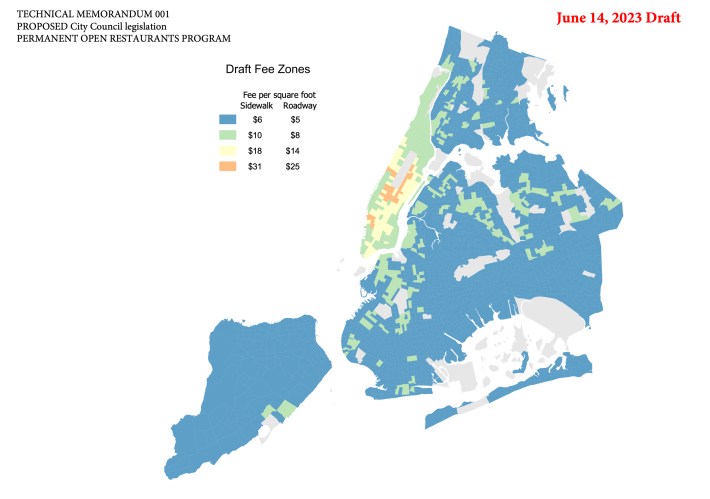
The Council's vote came just two days after a state judge ruled in favor of opponents of the program, saying it could no longer operate based on pandemic-era emergency orders by the mayor.
The Department of Transportation, which will continue to run outdoor dining, will be tasked with devising more specific rules — such as the exact design guidelines for the new structures — and the timeline for the program's launch.
While far from perfect, the bill ushers in a “new era” where curb space is no longer just exclusively for cars, advocates said.
“The bill isn’t perfect; reclaiming space for people is never easy,” said Sara Lind, Co-Executive Director at Open Plans, which shares a parent company with Streetsblog. “We believe the best version of Open Restaurants would allow the flexibility for an outdoor meal in March as well as May. But as a next step, this vote is historic.”
